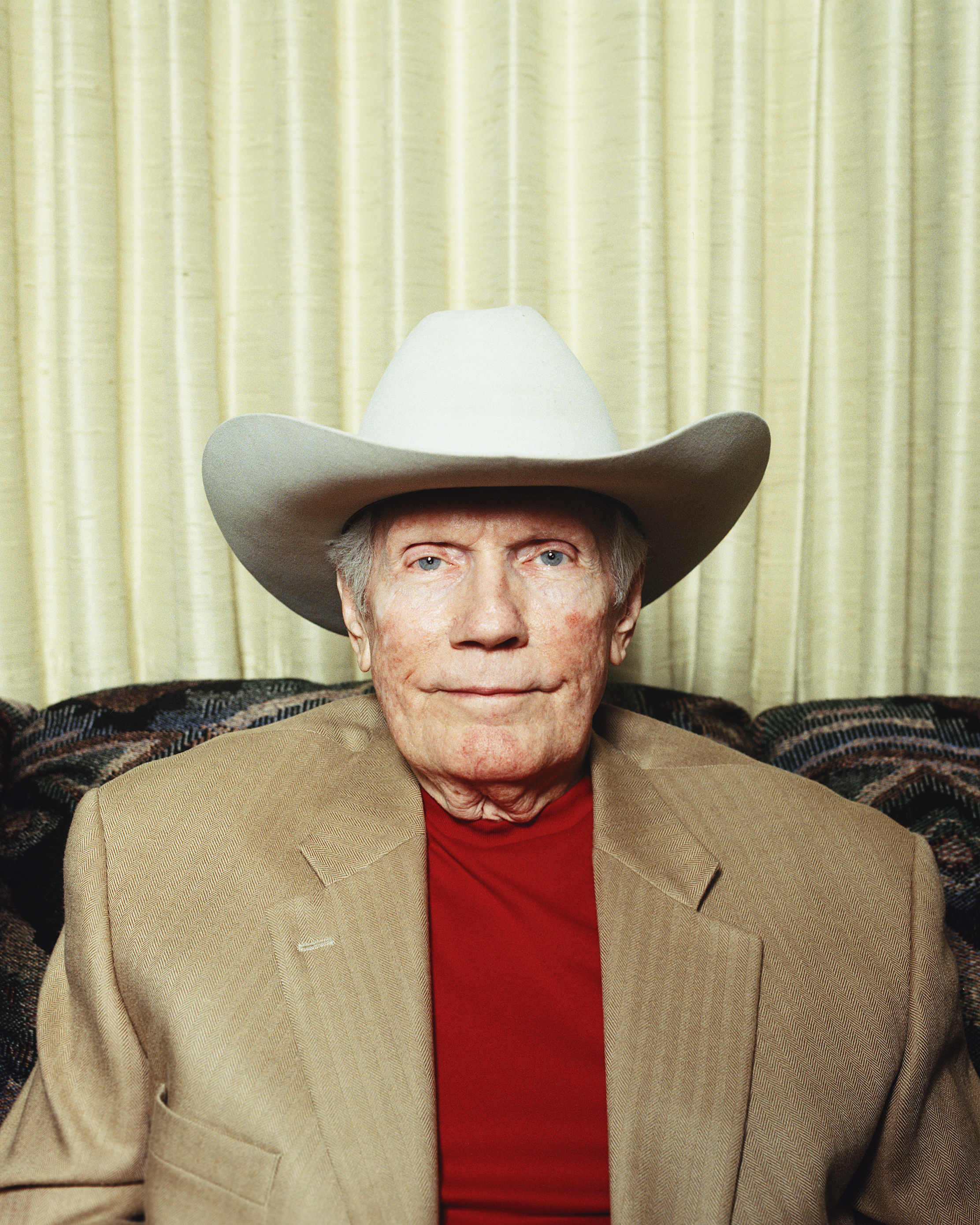
Fred Phelps, a colossal jerk, lived a long life in which even his few admirable achievements (a series of civil rights cases that he filed as an attorney) stemmed from a deeply disagreeable personality (he loved to pick fights with his neighbors). He was the kind of person no one wanted to be around: a lawyer disbarred by his colleagues, a preacher disowned by every denomination he ever espoused, a father rejected by his children–even, in the end, the children who emulate his worst characteristics.
Ordinarily, such a despicable man would not make much of a stir by dying. But Phelps was different from the garden-variety grinch in one important way: he had a thirst for notoriety and a genius for getting it. His so-called Westboro Baptist Church–which was not in any meaningful sense “Baptist” or even a “church”–was a brutal but highly effective tool for gaining the attention of the world’s media. It had few, if any, members beyond Phelps’ own family, whom (according to at least one of his sons) the “pastor” kept in line with fists and a club.
Phelps understood that the engine of news is conflict, and the sharper the conflict, the better. So he made a life of showing up at newsworthy events to shout abuse and attack innocent people he had never met. By bringing his family along, he gave the impression of numbers, and by calling this vile facade a “church,” he tapped into millennia of poisonous religious conflict to turbocharge his egomania. A man waving a sign that says I hate fags is pathetic; a man waving a sign that says God hates Fags is news.
As a reporter and an editor over the past 30 years, I watched as one journalist after another took Phelps’ bait, then tried to spit out the hook once the shabbiness of the man’s enterprise grew clear. You could fill a gym with the scribes who swore off coverage of Westboro. The only problem was, new and naive reporters were being minted all the time, ready to believe that Phelps represented some larger darkness beyond the pit of his own person.
Ultimately, even Phelps could not keep this going forever. Westboro was caught between two forces. One was the small group of journalists who went beyond the picket lines to show the Phelps family as it really is: representative of nothing more than its own dysfunction. The other was the community of decent individuals who decided to give the media another story. Starting with the motorcycle riders of the Patriot Guard and spreading to high schools, campuses and legitimate churches, a movement arose to build human walls between the Phelpses and the cameras. Though the family has tried to regain leverage by picketing celebrities, in fact, its day is done.
This is the reason not to despair over a life like Fred Phelps’. Such a man can bend, but not break, the spirit of an open society. Too many spotlights were cast in his direction, but at least they illuminated his fall.
–DAVID VON DREHLE
More Must-Reads From TIME
- The 100 Most Influential People of 2024
- The Revolution of Yulia Navalnaya
- 6 Compliments That Land Every Time
- Stop Looking for Your Forever Home
- If You're Dating Right Now , You're Brave: Column
- The AI That Could Heal a Divided Internet
- Fallout Is a Brilliant Model for the Future of Video Game Adaptations
- Want Weekly Recs on What to Watch, Read, and More? Sign Up for Worth Your Time
Contact us at letters@time.com